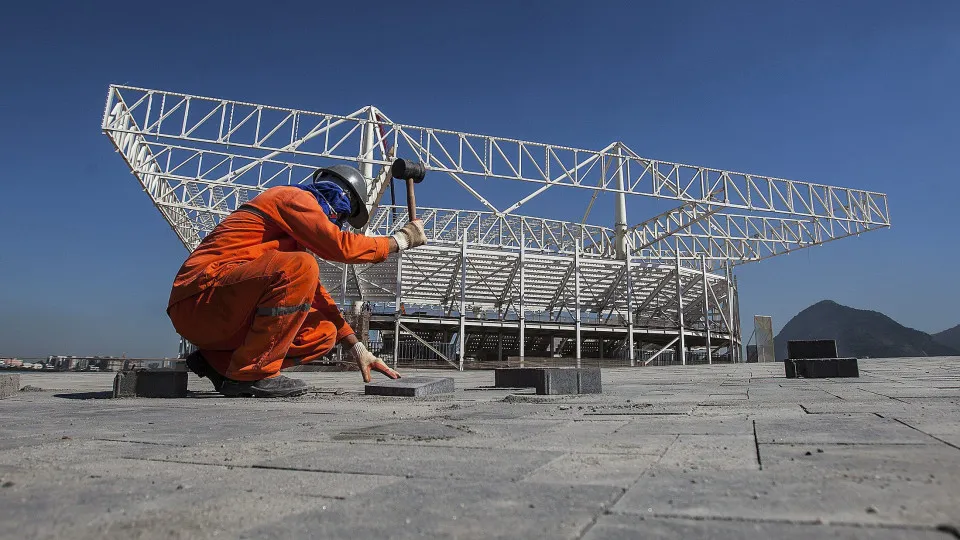
According to the Brazilian Institute of Geography and Statistics (IBGE), which conducts the Census, about 31.3 million Brazilian workers (35.3% of the total) earned up to 1,212 reais per month, the minimum wage in 2022.
Conversely, only 7.6% of workers received more than five times the minimum wage monthly as their salary.
The wage disparity has seen little change over a decade. According to the 2010 Census, 36.4% of workers earned up to one minimum wage, and only 9.6% earned more than five times the minimum.
IBGE economists attribute the high percentage of workers earning minimum wage or less to Brazil’s significant informality rate, which stands at 38%.
The average monthly income of a Brazilian worker in 2022 was 3,115 reais (€501 at the current exchange rate) for men and 2,506 reais (€403) for women, a difference of 24.3%.
In 2022, the average earnings for the white population were 3,659 reais (€598).
The black population earned 2,061 reais (€331), while indigenous people received 1,683 reais (€270).
The Census data indicates that, despite having a higher level of education, women earned salaries nearly 20% lower than men with the same years of schooling.
The income of women with a university education was 37.5% lower than that of men with the same level of education.




